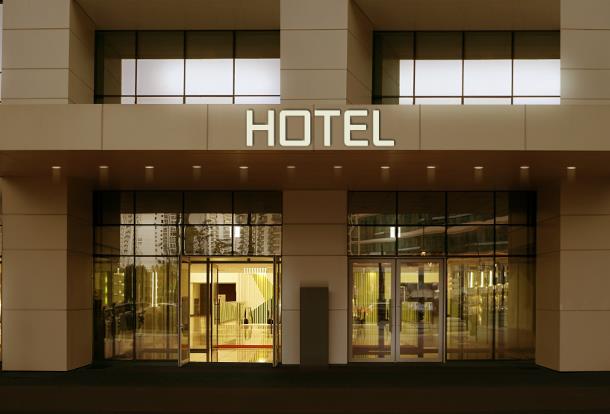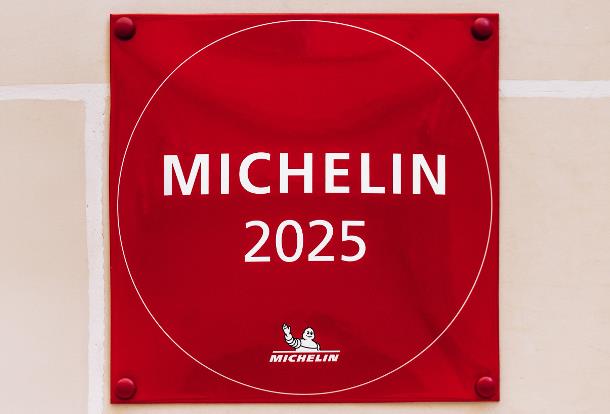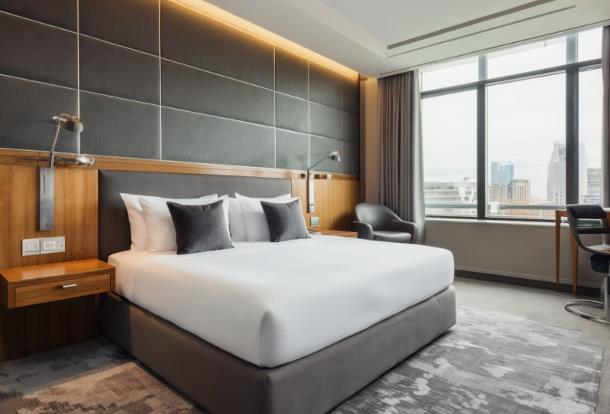ChinaTravelNews, Ritesh Gupta - HUAZHU Hotels Group believes its ploy of hotel network expansion, marked by operation of asset-light business model across its brand portfolio, is moving in the right direction.

Huazhu Hotels (China Lodging Group) hotel brands
The company’s CEO Jenny Zhang, who was entrusted with this role in May this year, not only referred to key facets of HUAZHU’s strategy, but also emphatically quashed any chance of the group getting impacted by possible consolidation, especially the recent talk about Jin Jiang Hotels and Plateno Group contemplating their “mega-merger”.
Speaking during the company’s Q2 Earnings Call, Zhang said even if the merger involving Plateno and Jin Jiang Hotels was to materialize, the team doesn’t foresee it resulting in “a major changing factor to the competitive landscape”.
As per the indications, highlighted in one of our recent reports, Jin Jiang Hotels will make a strategic investment in Plateno Group that will lead to the link-up of the two groups’ loyalty schemes, information systems and procurement. However, both hotel groups will continue to operate as independent brands.
Zhang said the development isn’t a confirmed news yet, and even if the two entities were to go ahead there may be “some value creation by combining the booking system”, but beyond this she didn’t foresee any other bearing since the “two brands and two groups have been in the market for a long time”.
“And we don’t expect any significant change to our own growth plan,” acknowledged Zhang.
Role of Zhang in HUAZHU’s journey
HUAZHU has come a long way as it chose to move on from being a lease-dominated hotel chain four years ago or so.
It is worth mentioning that it was in November 2013 (as the company shared its Q3 results for that year) when then executive chairman and CEO, Qi Ji, chose Zhang as the group’s chief strategy officer in addition to being the chief financial officer. Zhang was responsible for incubating and developing HUAZHU’s early-stage brands - Hi Inn, Joya etc.
So how is the group positioned today despite hurdles (such as judicious management of pre-opening expenses or limited operating experience when it comes managing relatively new hotel products) that come along with network expansion?
As of today, Zhang, who has been with the company for eight years, is confident about the group’s position.
“We believe merger and acquisition is the path that this industry will go through naturally…and the development stage of the industry,” said Zhang.
But, more importantly, she validated the group’s strategy with a striking comment. “For part two, we have a luxury that we have successfully implemented a market brand strategy, and that has opened us a very wide door and a long path of organic growth which you could also interpret as gradual consolidation of the market,” Zhang said.
Commenting on the trend of companies going private, she mentioned that different listing venues offer different advantages.
“Of course the recent spike of the Chinese stock market has triggered many U.S.-listed Chinese companies to go privatized. We fully understand their drive of pursuing a higher valuation,” said Zhang. Comparing the stock exchange in China vis-à-vis the group’s performance in the U. S. stock market over the five-year period, she said keeping this year aside, for other years the two stock markets actually give a very similar valuation.
So it needs to be evaluated whether this valuation spike is a one-time event or a continuing trend. She further continued: “We do see that, as a consumer product, being closer to your market, the listing venue being closer to your customers does provide some advantage that of course being listed in the China market is better than in the U.S. However, I think the U.S. market provides deeper pockets once capital raising is needed. And also all kinds of regulatory environments is lot more transparent and efficient. So currently, as of today, China Lodging (HUAZHU) does not have a definitive plan of privatization.”
The way growth is shaping up
Net revenues for Q2 were RMB1,457.8 million, up by 16.9% y-o-y and a 20.4% sequential increment.
At the end of Q1, HUAZHU had 22 leased hotels and 664 manachised (franchised-and-managed)
and franchised hotels contracted or under construction. And by June, the company had 19 leased hotels and 721 manachised and franchised hotels contracted or under construction.
Source: HUAZHU Hotels Group
The group has been pursuing better cost control over Hi Inn to remain competitive and improve the RevPAR of Hi Inn through effective site selection. And this is important as out of the 721 manachised and franchised hotels contracted or under construction, 147 belonged to Hi Inn, the brand that targets price-conscious guests.
Going by the fact that its majority of new hotel openings coming from management contracts or manachised hotels have mainly been economy hotels, it is vital to know how is HUAZHU going about its mid-scale properties.
Commenting on this, Zhang said, it is imperative to assess the picture of the overall hotel consumption equation.
She said the demand for economy hotels is still significantly higher than the demand for the mid-scale hotels, mainly because of the general income level of the Chinese population. She asserted that clearly “for many years to come the total room supply of economy hotels will still be significantly higher than the mid-scale hotels”. Also, many of the group’s franchisees are small to medium-sized business owners and the investment into an economy hotel could range from RMB 2 - 7 million, which is quite affordable, she pointed out. The same figure could shoot up to RMB10 - 20 million, depending on the size of the hotel, in the mid-scale category. This explains the drift towards the economy segment. And sharing a significant update, she said, “…most of our franchisees are still generating positive cash flow.” This also validates the franchisees’ eagerness to join HUAZHU’s network, owing to the strength of its brands as well as its operational capabilities.
Among other strengths, the group’s loyalty program had more than 38m members. This group accounted for more than 80% of room nights sold during Q2.
Zhang ended on a sound note. “Looking into the second half of 2015, we remain cautious about the market prospects. However, we believe that our brand will still outperform peers in each respective segment, and that headwinds will not prevent us from further expansion,” she said.




